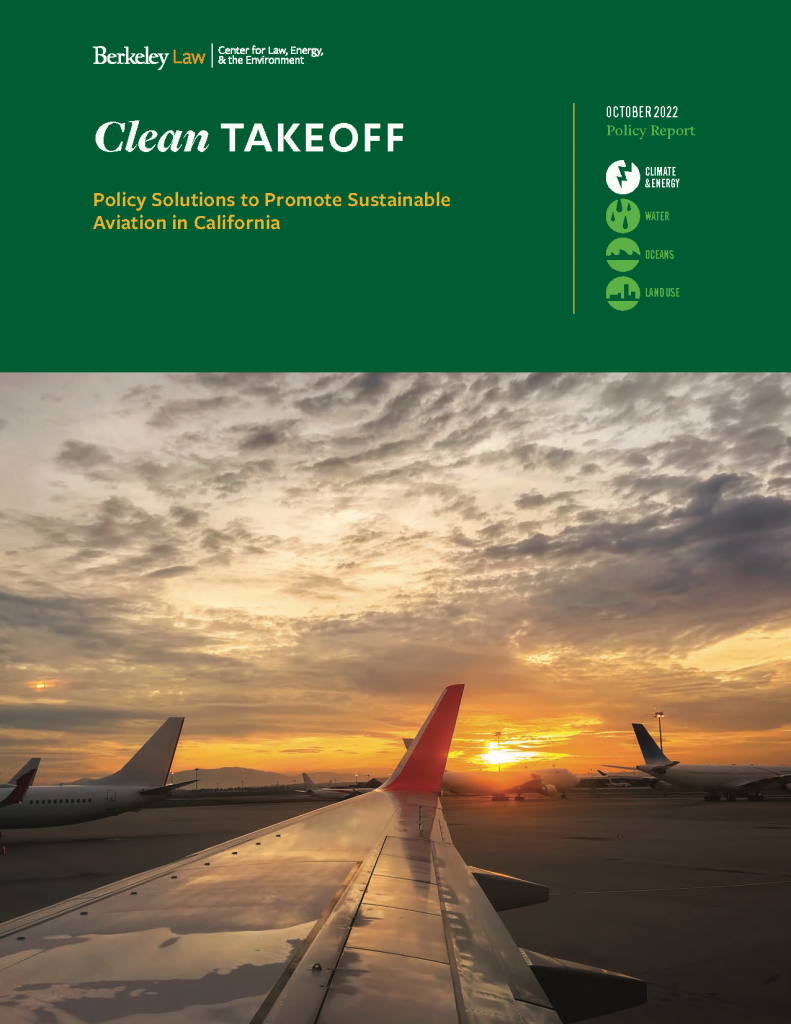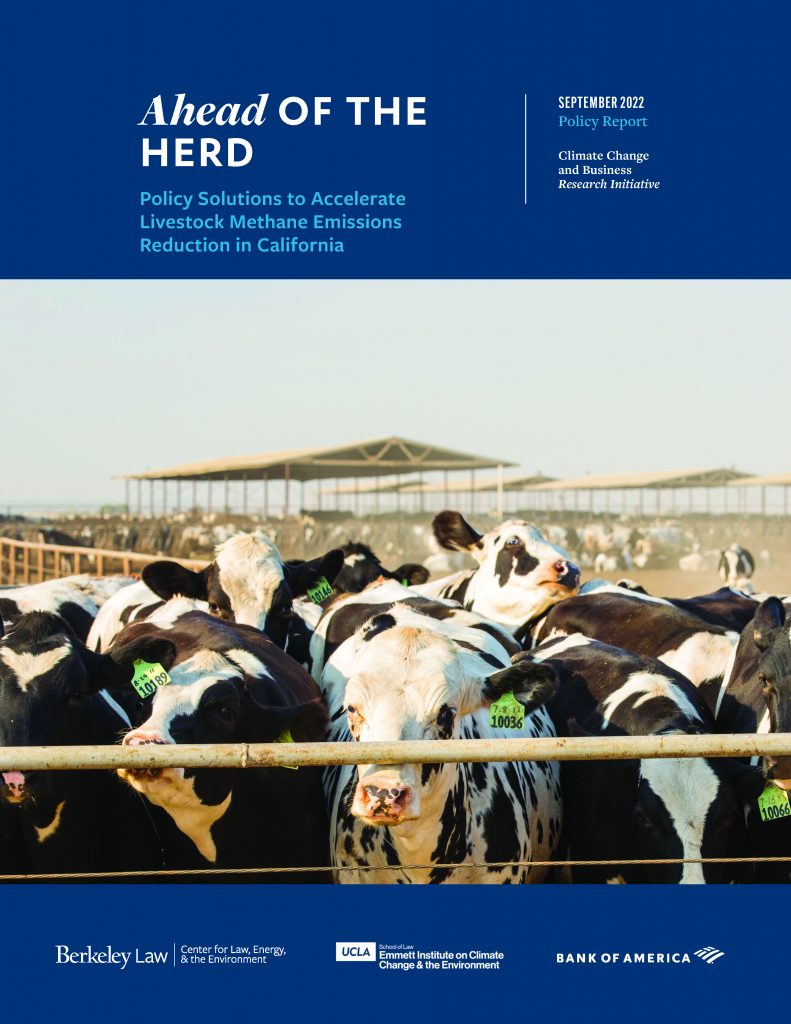
Last week the news blew up (no pun intended) that a commissioner on the U.S. Consumer Product Safety Commission floated the idea of a potential ban on gas cooktops in kitchens. The issue is that these cooktops are increasingly linked to unsafe levels of indoor air pollution and childhood asthma.
However, despite an outcry from right-wing news organizations and various politicians, there is no movement afoot for the government to seize your gas range. If anything, the debate in states like California is about ending ratepayer subsidies for gas hook-ups to new construction and eventually to existing neighborhoods, rather than paying to upgrade them. Eventually, all-electric buildings will be the norm and offer consumers better, more efficient appliances that aren’t putting their health at risk.
Most of the technology to move to all-electric buildings is essentially invisible to us on a daily basis, such as your hot water heater, furnace, etc. But the kitchen cooktop is a deeply personal issue for some people, especially those wedded to cooking with gas.
Fortunately, a far superior technology exists for cooking: the magnetic induction range. I spoke to NPR’s Marketplace this week to discuss the technology, its pros and cons, and the logistical challenges for customers looking to install one. Hopefully this discussion is helpful for anyone interested in purchasing one, or at least getting to the bottom of what was a fake debate about a real issue.
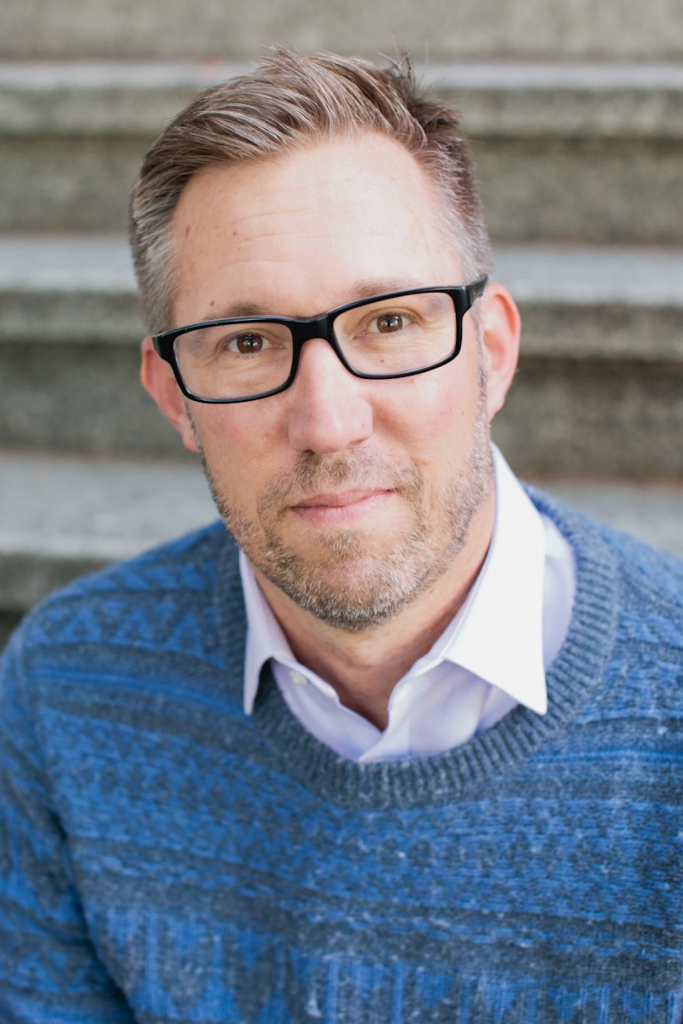
Tonight on State of the Bay at 6pm PT, we’ll discuss Governor Newsom’s plan to address “price gouging” by the oil industry. Joining me will be Sameea Kamal, California politics journalist at CalMatters.
Then we’ll talk to Dr. Aric A. Prather, professor of psychiatry and behavioral sciences at UCSF, about his new book The Sleep Prescription: Seven Days to Unlocking Your Best Rest. He’ll share his science-backed strategies to help us all get a better night’s sleep.
Finally, we’ll hear about fun and festive holiday events happening around the Bay Area with Anne Schrager, author at Datebook and calendar producer for the San Francisco Chronicle.
What would you like to ask our guests? Post a comment here, tweet us @StateofBay, send an email to stateofthebay@kalw.org or leave a voicemail at (415) 580-0718.
Tune in tonight at 6pm PT on KALW 91.7 FM in the San Francisco Bay Area or stream live. You can also call 866-798-TALK with questions during the show.

I’ll be guest hosting today’s Your Call’s Media Roundtable, where we’ll talk about what the midterm election means for President Biden’s climate and clean energy agenda, including investments in alternative sources of energy that are clean, accessible, affordable and sustainable.
This topic is especially timely given the runoff election victory this week for Georgia senator Raphael Warnock, plus Arizona senator Krysten Sinema’s announcement this morning that she’s leaving the Democratic party.
Joining us will be:
- Marianne Lavelle, award winning reporter covering environment, science, law, and business for InsideClimate News
- Jason Mark, editor of Sierra and the author of Satellites in the High Country: Searching for the Wild in the Age of Man
Then at 10:30am PT, we discuss two cases in front of the Supreme Court this week that could have major impacts on LGBTQ rights and federal election rules. The case 303 Creative v. Elenis involves a challenge by a Colorado website designer to a state law that bars public-facing businesses from discriminating against gay people or announcing their intent to do so. The designer, Lorie Smith, argues that subjecting her to the law would violate her right to free speech. The justices also considered Moore v. Harper, a case that would give state lawmakers unfettered power to set rules for voting and elections, without state constitutional limits.
Joining us to analyze the potential impact of these two cases will be Mark Joseph Stern, a senior writer covering courts and the law for Slate Magazine. Mark has covered the U.S. Supreme Court, federal appellate and district courts, and state and local courts since 2013.
Tune in at 91.7 FM in the San Francisco Bay Area or stream live at 10am PT. What comments or questions do you have for our guests? Call 866-798-TALK to join the conversation!
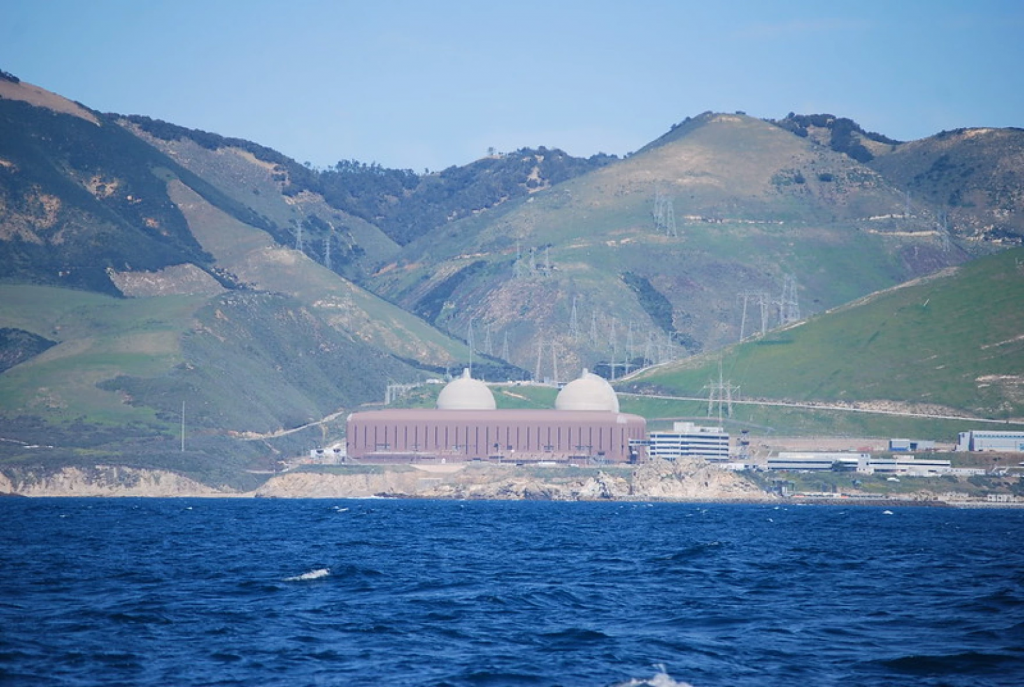
Today I’m doing double duty on KALW 91.7 FM San Francisco Bay Area. First, at 10am PT, I’ll be guest hosting Your Call’s One Planet Series, where we’ll discuss ConocoPhillips’ massive oil and gas Willow Project in Alaska’s fragile western Arctic. Joining us will be Adam Federman, investigative reporter and a reporting fellow with Type Investigations, and the author of Fasting and Feasting: The Life of Visionary Food Writer Patience Gray.
Then in the second half of the program, we’ll cover the Biden administration’s recent $1.1 billion lifeline to California’s last nuclear power plant at Diablo Canyon. Sammy Roth, climate and energy reporter at the Los Angeles Times and writer of the weekly Boiling Point newsletter, will explain the situation.
Then on State of the Bay at 6pm PT, my co-host Grace Won will interview me over my recent trip to Egypt for the just-concluded UN climate conference. I’ll explain what happened at the conference and provide some analysis on what it means for the climate fight. Then later in the program you’ll hear Grace’s interview with former Fox News host Gretchen Carlson about her efforts to combat sexual harassment in the workplace.
Tune in at 91.7 FM in the San Francisco Bay Area or stream live at 10am PT for Your Call and then again at 6pm PT for State of the Bay. What comments or questions do you have for our guests? Call 866-798-TALK to join the conversation!

Tonight on State of the Bay, we’ll get election eve analysis from UC Berkeley Institute of Governmental Studies (IGS) pollster Mark DiCamillo.
Plus we’ll explore California’s new proposed regulation to phase out fossil-fuel trucks, as well as the concerns that both environmental groups and trucking businesses have about it. Guests include:
- Sam Wilson, Senior Vehicles Analyst, Union of Concerned Scientists
- Daniel Sperling, California Air Resources Board member, director of the Institute of Transportation Studies at the University of California, Davis
- Chris Shimoda, Senior Vice President of Governmental Affairs, CA Trucking Association
Finally, we discuss a new documentary on efforts to cure Type 1 Diabetes called The Human Trial with filmmakers Lisa Hepner and Guy Mossman.
What would you like to ask our guests? Post a comment here, tweet us @StateofBay, send an email to stateofthebay@kalw.org or leave a voicemail at (415) 580-0718.
Tune in tonight at 6pm PT on KALW 91.7 FM in the San Francisco Bay Area or stream live. You can also call 866-798-TALK with questions during the show.
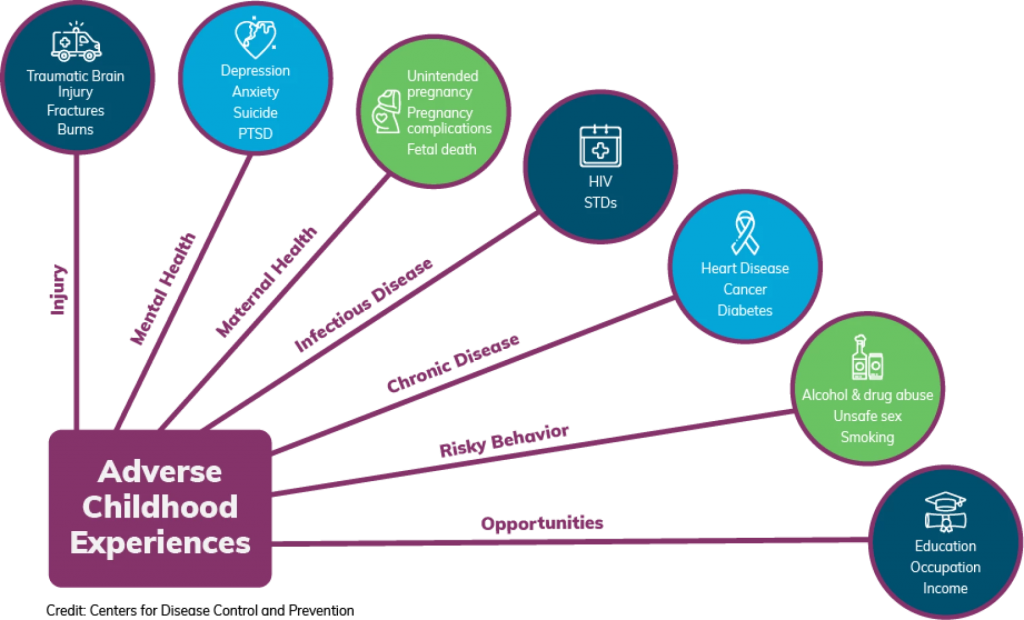
On tonight’s State of the Bay, we discuss Proposition 30, which would tax the wealthy to fund wildfire mitigation and electric vehicles. Why are Governor Newsom and the teachers unions against it? How will you vote? Joining us is Sammy Roth, staff writer for the Los Angeles Times covering energy.
Then we’ll focus on Adverse Childhood Events (aka ACEs), which have been linked to poor mental and physical health as adults. How can we mitigate these negative effects? What are recent studies showing? What policies are in place to protect our children? Our guests include:
- Dr. Dayna Long, pediatrician, researcher and director of Community Health and Engagement at UCSF
- Dr. Nicole Bush, Associate Professor, Psychiatry UCSF Weill Institute for Neurosciences and clinical researcher
Finally, we’ll interview Maryam Qudus, also known as Spacemoth, as she discusses her debut album No Past No Future.
What would you like to ask our guests? Post a comment here, tweet us @StateofBay, send an email to stateofthebay@kalw.org or leave a voicemail at (415) 580-0718.
Tune in tonight at 6pm PT on KALW 91.7 FM in the San Francisco Bay Area or stream live. You can also call 866-798-TALK with questions during the show.
A new CLEE report discusses policy solutions to reduce aviation emissions in California. Register for our webinar on this topic on Monday, November 7th, 9-10am PT.
What actions can California policy makers take to help decarbonize the aviation sector? UC Berkeley Law School’s Center for Law, Energy and the Environment (CLEE) is releasing a new report today, Clean Takeoff: Policy Solutions to Promote Sustainable Aviation in California, which offers recommendations for progress.
Airplane travel is responsible for more than 2 percent of global carbon dioxide (CO₂) emissions, with non-CO₂ emissions raising the total climate impact further. While no existing zero-emission technologies can power all flights today, sustainable aviation fuel represents the most promising and immediate solution to reduce aviation emissions — and it will remain key to decarbonizing long-haul aviation, even in 2050.
In response, Governor Newsom called for a 20 percent clean fuels target for the aviation sector in July 2022, and the steps described in Clean Takeoff could help the state achieve those goals while maximizing air quality and economic co-benefits in communities near airports and production facilities.
Based on input from a stakeholder convening of industry leaders, advocates, academics and other stakeholders, Clean Takeoff recommends that state leaders, including the governor, Air Resources Board and legislature, boost in-state sustainable aviation fuels by:
- Developing a comprehensive long-term plan to decarbonize in-state aviation fuels by a firm deadline
- Taxing or levying a carbon fee on conventional aviation fuel and using the proceeds to fund research and development, where consistent with federal law
- Creating a standalone, mandatory low carbon fuel standard exclusively for aviation fuels, where consistent with federal law
- Implementing permit-streamlining pathways for priority sustainable aviation fuels
- Drafting a comprehensive sustainable aviation fuel feedstock sustainability framework
- Facilitating offtake agreements, contracts-for-differences (where the government pays the fuel producer any difference between the market price and a contractual floor for a set period of time), low-interest loans, and commercial partnerships to boost sustainable aviation fuel supply and demand
In addition to boosting near-term sustainable aviation fuel, these actions can simultaneously support development of long-term solutions, such as electrification, hydrogen fuels, and improved airframe design, among others.
Ultimately, California is well positioned to advance these technologies and fuels, given its pioneering role developing programs that have boosted on-road zero-emission vehicles, as well as its position as a major economy with 12 international airports and numerous in-state flights.
To achieve this vision, state leaders will need to engage all stakeholders, including airlines, airports, affected communities, labor, and agricultural leaders, in order to boost a market for sustainable aviation that can scale globally.
To learn more, register for our free webinar on Monday, November 7, 9-10am PT, featuring:
- Dan Adler, California Infrastructure and Economic Development Bank
- Nikita Pavlenko, The International Council on Clean Transportation
- Erin Cooke, San Francisco International Airport
Read Clean Takeoff: Policy Solutions to Promote Sustainable Aviation in California
This post was co-authored by Katie Segal.
Methane is a climate super-pollutant that is 80 times more powerful than carbon dioxide over a 20-year period. Given its potency and short life, experts believe that reducing methane emissions is the highest-yield action that governments and businesses can take to curb near-term warming.
In the US, livestock are responsible for over one third of anthropogenic methane emissions; in California, this number is over 50 percent, largely due to the state’s dairy sector, whose 1.7 million cattle produce nearly 20 percent of all US milk. State leaders have taken first-in-the-nation steps to address livestock emissions, but much work remains to achieve 2030 targets.
Our new report Ahead of the Herd from CLEE and UCLA’s Emmett Institute recommends several actions for state leaders to meet these targets while prioritizing environmental and public health:
- Create an interagency one-stop shop for greenhouse gas, air quality, water quality, and other data reporting and technical assistance
- Update the state’s Low-Carbon Fuel Standard to better assess the full life-cycle impacts and additionality of digester projects, support environmental health protections, and increase certainty for operators
- Accelerate approval of and increase financial support for new enteric emission reduction strategies
Livestock methane emissions stem from two oxygen-free (anaerobic) environments: the gut of animals, which produces enteric emissions in the form of burps; and liquid pools where manure is stored. (Worldwide, enteric emissions represent the majority of livestock methane, but in California the balance is closer to 50-50 due to the high prevalence of liquid manure storage at large-scale dairy operations.)
These two emissions sources call for two distinct sets of emissions reduction strategies. For manure emissions, the strategies include anaerobic dairy digesters that capture methane to generate energy or convert it into offsite fuels; and alternative manure management strategies that introduce oxygen into the waste storage process or filtering the waste through an ecosystem of hungry earthworms. For enteric emissions, the strategies include feed additives, diet modifications, vaccines, and breeding techniques that alter the chemistry of digestion to reduce methane generation.
California has developed a number of programs to reduce these emissions and as a result, according to the California Air Resources Board, has achieved a methane emissions reduction of over 3 million metric tons of CO2 equivalent since 2013. But the state is only on track to achieve about half of the 9 million metric ton reduction needed to achieve the 2030 target.
At the same time, dairy digesters—the leading emissions reduction strategy to date—are highly controversial. Neighboring communities and environmental justice advocates have serious concerns around the air and water quality impacts of large-scale, concentrated dairy operations—impacts that they argue are exacerbated by incentives for digesters. Industry leaders counter that facility concentration is driven by industry-wide economics rather than by digesters, and that digesters reduce certain air quality impacts compared to uncontrolled facilities.
To learn more about this issue and the report, RSVP here for our November 10th webinar, which will discuss the report and promising strategies to reduce livestock methane emissions, featuring:
- California Department of Food and Agriculture Secretary Karen Ross
- Ermias Kebreab of UC Davis
- Albert Straus of Straus Family Creamery
Download the Ahead of the Herd.
This post is co-authored by Ted Lamm.

It took a decade, but the California legislature has finally delivered to the governor one of the most critical climate and equity bills in the country. No, it’s not mandating carbon neutrality or increasing renewable energy. It’s finally ending local mandates that all new housing and infill projects must include car storage, even if they’re located within half-mile of transit.
AB 2097 (Friedman) builds on work dating back to 2011 (I blogged about then-Assm. Skinner’s failed attempt) to finally end parking requirements for projects near transit and with a percentage of affordable units. Otherwise, too many local governments have not gotten the memo that California’s climate and equity goals require more housing near transit and reduced need for residents to drive vehicles. Instead, many cities and counties still rely on outdated boilerplate planning requirements that require developers to build parking spots, even if residents don’t want or need them. The spots can run anywhere between $30,000 and $90,000 each to build, increasing the cost of housing and making it less affordable as a result.
So why would the state want to allow locals to mandate car storage? In the past, powerful anti-housing local governments resisted such a state override. But cities and counties have mostly lost that fight. Instead the entrenched interests are those that insist that eliminating these requirements will somehow harm the provision of affordable housing. And if it sounds counter-intuitive to you that making housing cheaper and not mandating car storage hurts affordability, it’s because it is.
Here’s the problem: in California, building new housing requires navigating an incredibly complex soup of state and local requirements. Some advocates for affordable housing use this byzantine system to extract concessions from developers. So if someone proposes relaxing one of these requirements, no matter how nonsensical or counter-productive to the environment and affordability it may be, these advocates will only support doing so if they can extract a concession for more affordable housing in the process.
An example is the state’s density bonus program, in which developers can add more density and reduce parking on a project beyond what the local governments allow, but only if they provide more subsidized affordable units. These advocates therefore worry that ending local parking requirements statewide will eliminate this incentive to build more affordable units.
While that might sound right in theory, in practice it’s not correct at all. Developers make money on increased density — more units on the same parcel. The parking reductions are only valuable in that they allow greater density to be built on the same limited parcel. Basically, developers only request the reduction in parking spaces if it means they can squeeze in extra units.
We’ve seen this in practice. As Mott Smith from USC and Michael Manville at UCLA have documented in multiple years and cities, including in the Los Angeles Transit-Oriented Communities (TOC) program, the evidence conclusively shows that reduced parking requirements lead to more affordable housing and does not undermine density bonus programs. Most prominently, in 2019, San Diego abolished parking requirements near transit for all housing projects (which is precisely what AB 2097 would accomplish statewide), and the results were decisive: overall housing units increased 24%, density bonus units increased five-fold, and deed-restricted affordable units via density bonuses increased six-fold.
The evidence is clear. California is behind on meeting its 2030 climate goals, and much of the culprit is due to rising transportation emissions from more driving. We also face a brutal housing shortage, leading to a mass exodus of residents to high-polluting states, pervasive homelessness, and stark income inequalities. AB 2097 would knit a solution to both problems, by making housing more affordable and reducing the need to own a car right near existing transit hubs.
After a decade of waiting, the state’s residents need this crucial reform to abolish car storage mandates. Let’s hope Governor Newsom does the right thing and signs AB 2097.

I’ll be a guest on today’s KQED Forum at 10am PT, discussing California’s plans to phase out sales of new gas-powered cars by 2035. The new regulations announced last week by the California Air Resource Board formalize Governor Gavin Newsom’s 2020 executive order which proposed banning the sale of cars that run on fossil fuels.
This move is a much-needed step to address climate change. The show will cover what it means for the world’s fifth largest economy and the state that invented car culture to go electric, and they’ll open it up to listener questions: are you ready to get an electric car or will you be hanging on to your gas-powered car as long as you can?
Joining me on the panel will be:
- Russ Mitchell, Automotive Editor for the Los Angeles Times
- Margo Oge, Former director, US EPA Office of Transportation and Air Quality; Author of “Driving the Future: Combating Climate Change with Cleaner, Smarter Cars”
You can stream it live or tune in via KQED in the San Francisco Bay Area!

